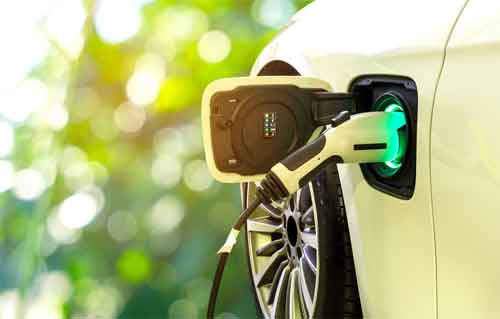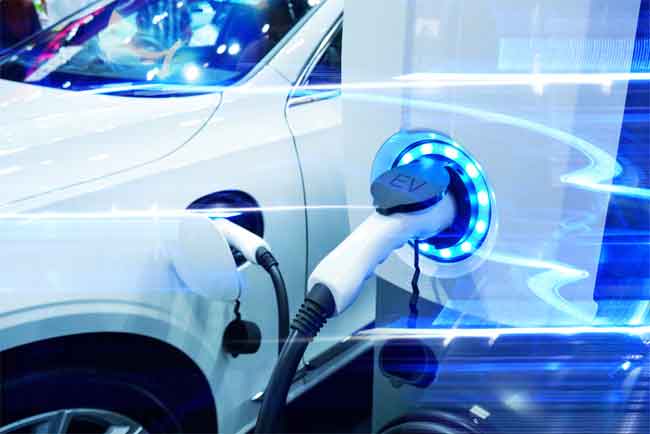Alternative Fuels Will Only Work so Well – Variable Compression Engines Will Help, and Artificial Fuels Are the Answer
The United States military is the single largest consumer of oil in the United States, and the largest single purchaser of oil in the world. They are also known as the most innovative inventor in the world, thanks to the old gem “necessity is the mother of invention.” It was recently (and quietly) released that the U.S. Air force was working on a new type of jet fuel which did not use traditional oil. This new jet fuel was essentially an “artificial fuel.” How much longer it takes for that technology to make it to your local filling station is questionable, but technology like that could eliminate our dependence on foreign oil and make the cars we drive right now usable rather than obsolete in the next ten years. It would make the car of the future the car we’re driving right now.
Since gas prices began their astronomical climb last year, automakers and consumers alike have been scratching their heads to try to come up with alternative fuels or aftermarket parts which could not only reduce the impact our cars have on the environment, but also successfully avoid the strain on our budgets that comes with $4.00+ per gallon fuel costs. Ethanol has been touted as a solution, but critics have shown that Ethanol is a more rampant polluter than gasoline. Diesel is thrifty, often delivering fuel economy in the range of 30-50 MPG. Diesel, however, won’t run in a traditional combustion engine due in part to the need for a much higher compression ratio, and current aftermarket parts which are touted to increase gas mileage generally don’t give an appreciable gain in efficiency.

Did you know that the internal combustion engine is considered to have been first invented in England in the seventeenth century? While that is a far cry from the variable valve timing, dual overhead camshaft three hundred horsepower engines we have today, it reminds us how long the internal combustion engine has been around. The newest iteration of the internal combustion engine which is sure to be on everyone’s mind in the next few months is the idea of a variable compression engine, which would allow the consumer to use whatever fuel is available and least expensive at the time, whether it be Diesel, Gasoline, Ethanol, or BioDiesel. While this may not be a sound aftermarket tuner option, it does present an enticing future in which we have some options at the pump.
Nissan and SAAB, and the Hefley engine company are working on their own versions of the variable compression engine, each with slightly different goals. Nissan is seeking the variable compression engine to increase horsepower and efficiency of its turbocharged automobiles, as is SAAB, while the Hefley Engine Company is working on creating an entirely new form of the internal combustion engine. Engineers are looking at the tried-and-true internal combustion engine in a whole new light. In a few years, everyone else will, too.
